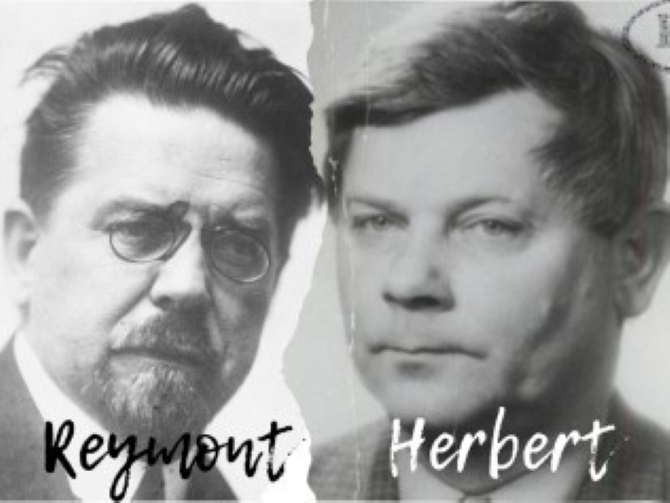In 2024, under the auspices of UNESCO, we will celebrate two exceptional anniversaries: the centenary of Zbigniew Herbert’s birth and the centenary of the award of the Nobel Prize in Literature to Władysław Reymont for his novel Chłopi (Peasants). “Since 1956, UNESCO (the United Nations Educational, Scientific and Cultural Organisation) has been involved in commemorating historical events and outstanding personalities submitted by UN member states, giving them the highest profile and international publicity”, reports the National Cultural Centre.
The year 2024 marks the 100th anniversary of the birth of Zbigniew Herbert, an outstanding poet, essayist, playwright, art critic and traveller. The author of the poetic cycle Pan Cogito and winner of numerous literary awards, he was one of the most serious candidates for the Nobel Prize in Literature from the late 1960s. His works have been translated into 38 languages.
2024 is also the 100th anniversary of the award of the Nobel Prize in Literature to Władysław Reymont for his monumental novel Chłopi (Peasants). Reymont, one of Poland’s most eminent writers, won this award in 1924, beating such competitors as Tomasz Mann, Maxim Gorky, and Thomas Hardy.
Reymont’s best-known work is a peasant epic, depicting the Polish countryside at the turn of the 20th century. The fate of the characters is interwoven with the rhythm of work on the land, changing nature and local folklore. The novel was published in episodes between 1902 and 1908 in the ‘Tygodnik Ilustrowany’. It was published in 1904-1909 in Warsaw by the Gebethner and Wolff publishing house.
Now a new, painted screen adaptation of the novel can be seen in cinemas in Poland and abroad. The film Chłopi (Peasants), directed by DK Welchman and Hugh Welchman, with music by Łukasz L.U.C. Rostkowski, is a Polish candidate for an Academy Award. The National Cultural Centre is a co-producer of this colourful screen adaptation.
Adrian Andrzejewski





